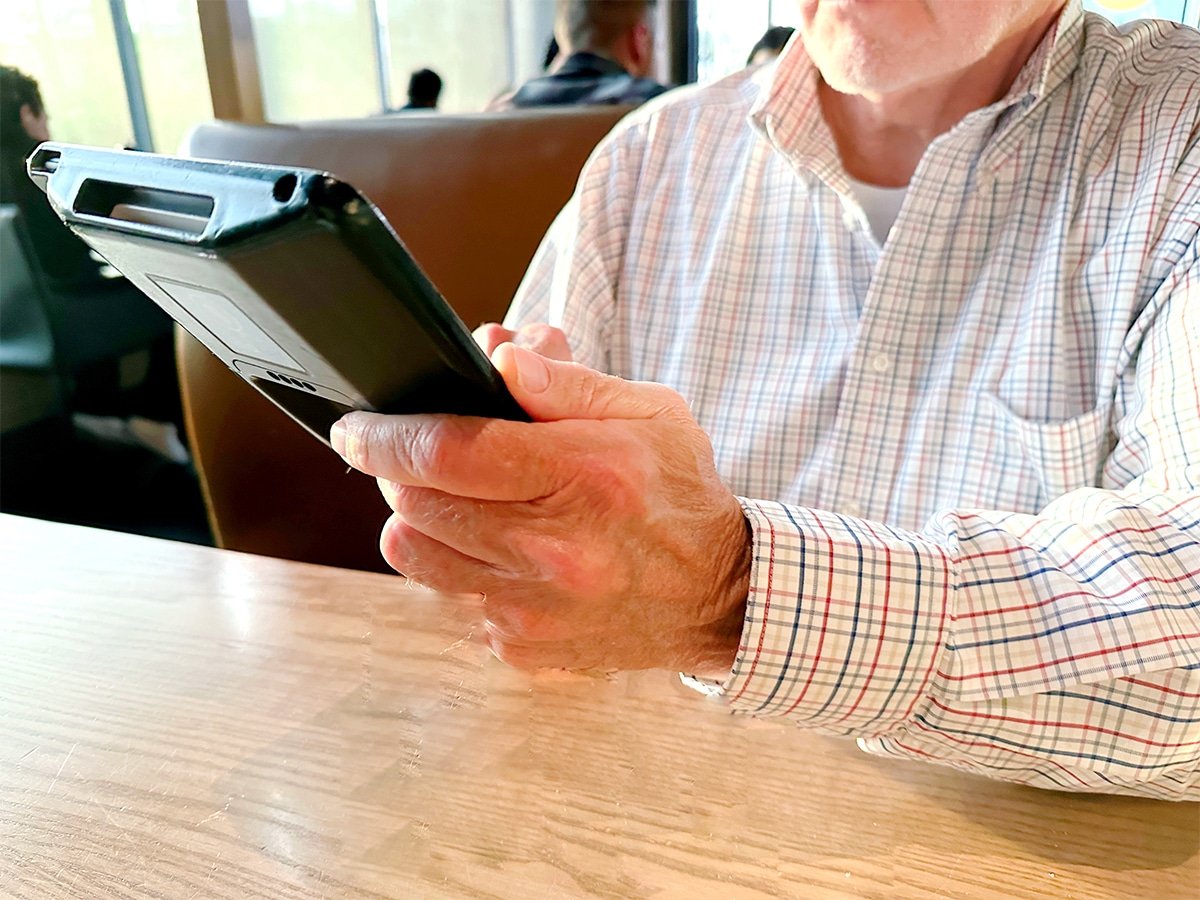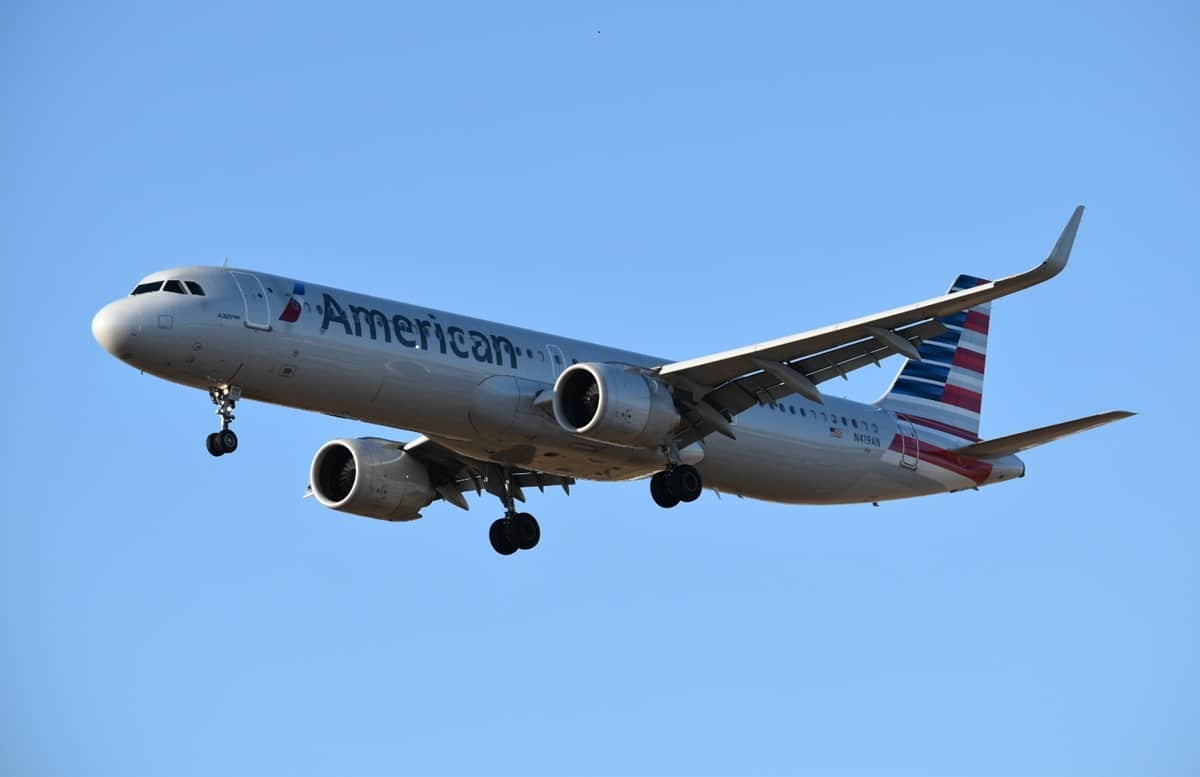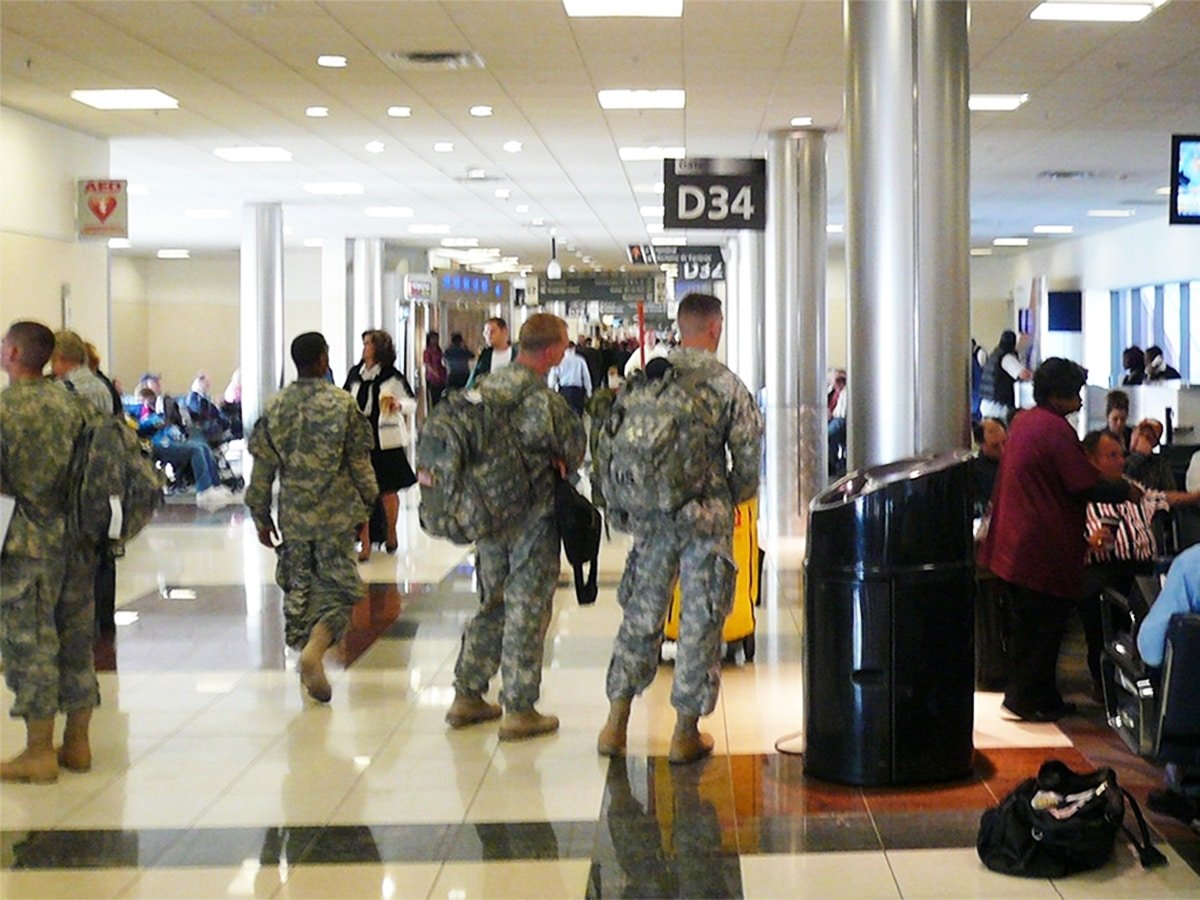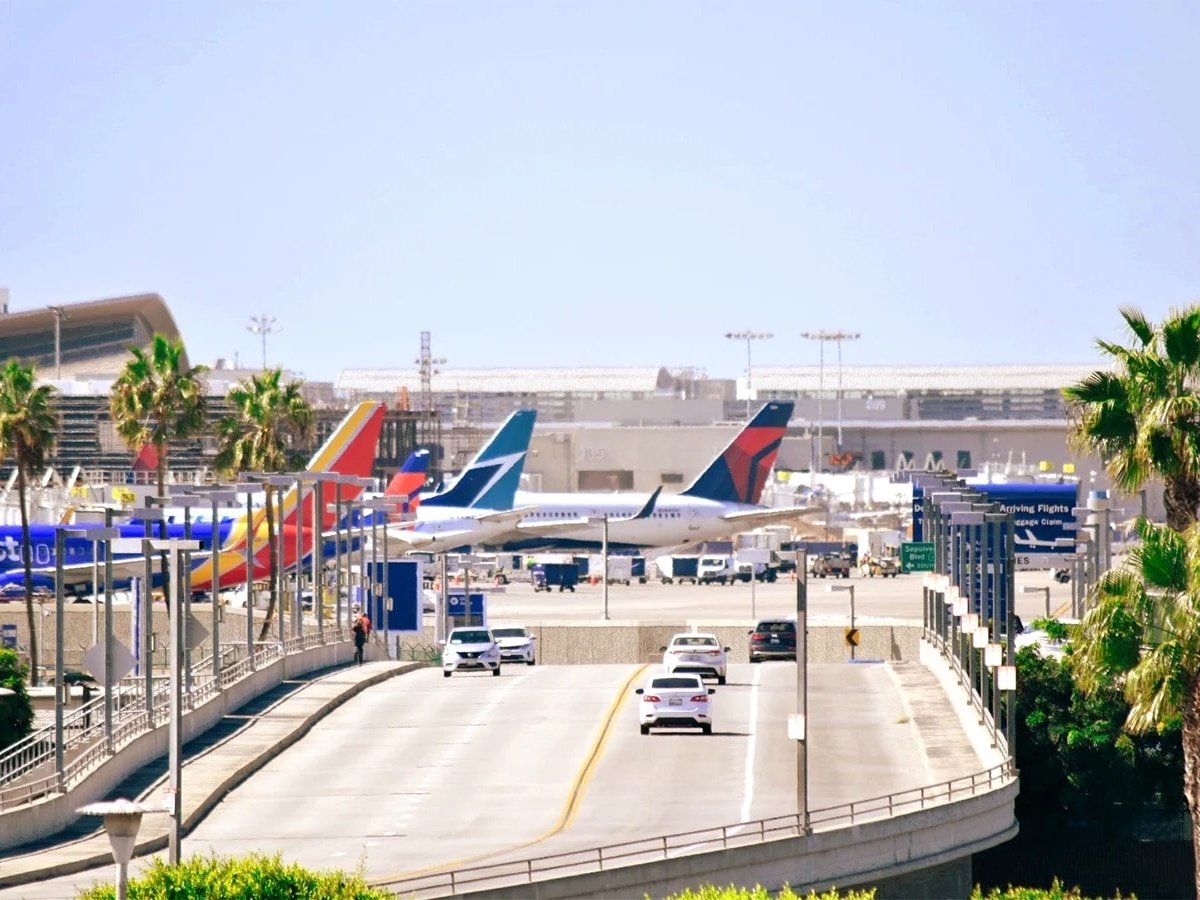To tip or not to tip: That is a question asked by many a traveler … and even by locals here at home who feel that tipping has gotten out of control in the United States. But when you’re in a foreign country, it’s wise to know the local customs. Sometimes, tipping is customary and expected whereas in other countries, it may be viewed as rude and demeaning and may even be refused. Here are some tips to help you navigate tipping in 25 countries around the world:

United States
Tipping practices in the United States are ingrained in the service industry and are an important part of the culture. For example, tipping in restaurants is customary and expected. The standard tip for good service is around 15-20% of the total bill before tax. Some restaurants may automatically add a gratuity for larger parties, so it’s important to check the bill before adding an additional tip. Tipping hotel staff is customary for services such as housekeeping, bellhops, and concierge services. It’s common to leave a tip of $1-$2 per night for housekeeping, $1-$2 per bag for bellhops, and $5 or more for concierge services, depending on the complexity of the request. Tipping is also expected for taxi and rideshare drivers, tour guides, delivery services and spas and salons.
Canada
Tipping practices in Canada are similar to the United States, with tipping around 15-20% in restaurants and other service sectors. The standard tip for good service is around 15-20% of the total bill before tax, while at bars it’s typical to leave around $1-$2 per drink or 15-20% of the total bill for a tab. If you’re running a tab, you can tip at the end of the night or tip per drink, depending on your preference. Tipping is expected at hotels for services such as housekeeping, bellhops, and concierge services. And tipping is also expected for taxi and rideshare drivers, tour guides, delivery services and spas and salons. Tipping may also be expected for services such as valet parking, airport porters, and coat check attendants. The amount can vary depending on the level of service provided, but $1-$2 per service is common.
United Kingdom
Tipping is less common than in North America, but it’s appreciated in restaurants (usually around 10%). Laura Windsor, founder of an etiquette academy in the U.K. told CNBC, “When it comes to porters in hotels, cloakroom attendants, cab drivers and hairdressers, if you are happy with their service, you can give a couple of pounds although it is not mandatory.” The article goes on to say that “cab drivers are also often tipped, usually by rounding up the amount by a few pounds or dollars, according to both Windsor and etiquette expert Jo Bryant.”
France
Service is typically included in the bill, but it’s customary to leave small change or up to 10% extra for exceptional service. According to Afar, “whether you’re at a local café or a Michelin-starred restaurant, 15 percent is automatically included as a service charge in French restaurants by law. This fee is usually indicated on the menu or the final bill with the phrase “service compris.” Nevertheless, if you have a friendly or efficient waiter, you can leave a small gratuity (un pourboire), but this is by no means required.”
Italy
A service charge may be included, but an additional tip (usually rounding up the bill) is appreciated, especially in restaurants. When it comes to hotels, Frommer’s says, “a service charge of 15% to 19% is already added to the bill. In addition, it’s customary to tip the housekeeper €1 per day, the doorman (for calling a cab) €1, and the bellhop or porter €2 to €3 for carrying your bags to your room. A concierge expects about 15% extra, as well as tips for additional services performed, which could include help with long-distance calls.”
Germany
Tipping is common but not as high as in some other countries. Rounding up the bill or leaving 5-10% is typical. The Culture Trip says: “There is no hard and fast rule about the acceptable amount to tip in Germany. The general custom is a nominal tip, as indicated by the German word for tip (Trinkgeld, or money for a drink). Many people simply round off the bill to the next euro or add a couple more, which is perfectly acceptable. That being said, a 5% or 10% tip at a restaurant is appreciated while a 15% tip is considered very generous. Anything over that is simply American!”
Switzerland
Tipping is not as common or expected as it is in some other countries. A service charge is often included in the bill at restaurants and cafes so tipping is not obligatory. However, if you feel satisfied with the service, leaving a small tip (around 5-10% of the total bill) is appreciated but not required. Tipping for hotel services such as housekeeping and porters is not expected, as service charges are usually included in the room rate. However, leaving a small amount (1-2 CHF per day for housekeeping) as a gesture of appreciation is common.
Spain
Tipping is not as customary, but rounding up the bill or leaving small change is appreciated. According to NerdWallet, “while it is possible to tip, it’s not expected and it isn’t considered rude not to leave a tip. However, most businesses will accept a tip if you’d like to leave one. Rather than it being a sort of “mandatory” fee, tipping while in Spain is truly done to recognize superior service.”
Japan
Tipping is generally not practiced and can even be seen as rude in Japan. Exceptional service may be acknowledged with a polite thank you. The Japan National Tourism Office says, “if you are from a country where tipping is routinely practiced, it may come as a surprise that this is rare in Japan. If you are visiting bars, cafes, or restaurants, taking taxis or staying in hotels, tipping is not expected. In special cases, a small gratuity is sometimes given to express gratitude if someone goes above and beyond to help.”
China
Tipping is not customary and can sometimes be refused. Exceptional service may be rewarded with a small gift instead. Trip Savvy says, “tipping in China is generally uncommon and can even be considered rude or embarrassing in some circumstances. Seriously. Leaving money on a table in an authentic restaurant may confuse a staff member or cause them stress.”
Australia
Tipping is not as common as in the U.S., but rounding up the bill or leaving 10% in restaurants is appreciated. According to the Sydney Morning Herald, “Etiquette expert Anna Musson says tipping in Australia is not essential, but certainly appreciated. If the budget allows, she recommends tipping up to 10 per cent of the bill, especially when in a group setting where more items are ordered and extra service is required.”
Brazil
Tipping is not a part of the culture in Brazil but restaurants and bars will often add a 10% service charge so you don’t need to tip. According to CNN, when it comes to taxis, “tipping is not expected, but cabbies will often round to the nearest real. No one likes to deal with change in Brazil, even in supermarkets cashiers will round to the nearest five cents.
Mexico
Tipping is customary in Mexico. The LA Times advises, “For tipping, 15% is standard, and 20% is very good. At payment, it is customary to add the tip before your card is run, not after at signing.”
Bermuda
In Bermuda, tipping practices are similar to those in many Western countries, with gratuities being appreciated for good service. Tipping in restaurants is customary, typically around 15-20% of the total bill. Some restaurants may automatically add a service charge, so it’s important to check the bill before adding an additional tip. If a service charge is already included, additional tipping is optional but appreciated for exceptional service.
India
Tipping practices vary, but rounding up the bill or leaving 5-10% is common in restaurants and for other services. Wise.com says: “The amount you tip in India will depend on where you are and what type of services you’re buying. As a general rule, expect to tip around 10% of the bill. If you get exceptionally good service, say thank you with a tip closer to 15-20%.”
South Africa
Tipping is expected in restaurants, usually around 10% of the bill. &Beyond, bespoke tour operators for sub-Saharan Africa, Asia, South America and Antarctica, says: “It is customary to tip 10 to 15% of the bill at hotels and restaurants and 10% of the fare to taxi drivers. It is also the custom to tip local guides and drivers. Hairdressers and theatre ushers are not usually tipped for their services.
South Korea
Tipping is not customary and can sometimes be refused. Exceptional service may be acknowledged with a polite thank you. According to Deutsche Welle, “Many say the idea of tipping is unfair and even demeaning to the recipient, so much so that a tip jar at a bagel shop in Seoul was enough to cause commotion.” Read that full story here.
United Arab Emirates
Tipping is common, especially in restaurants and hotels, where 10-15% is typical. According to Western Union, “in Qatar, Saudi Arabia, and the United Arab Emirates, servers are used to receiving a 15-20% tip. Even in cities like Dubai, which requires a 10% service charge be added to the bill, restaurant workers expect an additional 15-20% gratuity for their efforts.”
Thailand
Tipping is not customary but is increasingly expected in tourist areas. Rounding up the bill is common. Tripmasters says: “Tipping in Thailand is not customary and there are no requirements to tip anyone, leaving a small gratuity for great service is appreciated, but unlike other parts of the world you will never see a Thai service provider with their hand out expecting to be tipped.”
Turkey
Tipping is appreciated in restaurants (usually around 5-10%) and for other services. According to On The Go Tours, “Tipping is expected in Turkey and leaving a 10-15% tip on your bill in a restaurant is generally an acceptable amount. When it comes to other areas of the service industry, such as taxis and hairdressers, rounding up the fare is a nice gesture but not obligatory.”
Argentina
Tipping is customary, with 10% in restaurants being typical. Fodor’s says: “Restaurant bills—even those that have a cubierto (bread and service charge)—don’t include gratuities; locals usually add 10%–15%. Bellhops and maids expect tips only in the very expensive hotels, where a tip in dollars is appreciated. You can also give a small tip (10% or less) to tour guides. Porteños round off taxi fares, though some cabbies who frequent hotels popular with tourists seem to expect more. Tipping is a nice gesture with beauty and barbershop personnel—5% to 10% is fine.”
Sweden
Tipping is less common, but rounding up the bill is appreciated in restaurants and taxis. According to Visit Sweden, Sweden’s official website for tourism and travel information, “Tipping in Sweden isn’t as established as in many other countries. It’s always welcome but not expected. When eating out in Sweden it is common to to round up to the nearest big number. For example if your bill comes to 280 SEK, you can round up to 300 SEK.”
Norway
Tipping is not expected but rounding up the bill is appreciated in restaurants and taxis when service exceed expectations. According to Smarter Travel, “people working in the service industry make a decent wage, meaning they aren’t reliant on tips to subsidize their income.”
Netherlands
Tipping is not as common, but rounding up the bill is appreciated in restaurants and taxis. TripSavvy says: “The salary structure for employees in the service industries in Amsterdam (e.g., food servers, taxi drivers, hotel bellhops) is much different than, for example, that of their American counterparts. They are paid fully by their employing establishments and do not need tips to supplement their incomes. That said, it is not uncommon to round up a bill to the nearest whole euro or leave extra small coins (slightly more for larger bills) if you feel you’ve received very good service.”
Singapore
Tipping is not expected, but a service charge may be included in the bill in restaurants and hotels. According to Qantas Travel Insider, “Although there is no strong custom of tipping in Singapore like there is in countries such as America, the lack of expectation surrounding a gratuity may in fact be more of a reason to do so. In its true nature, a tip is a way of thanking service staff for just that – their service – and because it’s not a necessity, it’s very much appreciated by Singaporeans.”
KEEP READING:
–Is Your Hotel Scamming You? How to Spot This Hidden Room Service Fee
–How Much I Tip Hotel Housekeepers and My Trick to Make Sure They Get It
–Guilt Tipping: Do You Feel Pressure to Tip? I Do
–12 Ways to Save Money on Baggage Fees
–Here’s How You Can Really Save Money on Your Next Car Rental
Want more travel news, tips and deals? Sign up to Johnny Jet’s free newsletter and check out these popular posts: The Travel Gadget Flight Attendants Never Leave Home Without and 12 Ways to Save Money on Baggage Fees. Follow Johnny Jet on MSN, Facebook, Instagram, Pinterest, and YouTube for all of my travel posts.




Natalie,Johnny, Always waiting for your news letter. So much to learn. On a recent trip Thru NewZealand,Australia,Singapore which we enjoyed.
Newzealand friendliest nation we have found. Tipping is now appreciated.
Australia too. Singapore they were most appreciated as we found a lot of the service industry folks are from elsewhere. Ayers Rock Ulluru is cash less not even a bank. Has a AtM one wonders why if cashless. by note take a head netting the flies bite there.
Welcome to America Natalie. We love Canadian Rockies.
USA: A tipped employee engages in an occupation in which he or she customarily and regularly receives more than $30 per month in tips. An employer of a tipped employee is only required to pay $2.13 per hour in direct wages if that amount combined with the tips received at least equals the federal minimum wage. If the employee’s tips combined with the employer’s direct wages of at least $2.13 per hour do not equal the federal minimum hourly wage, the employer must make up the difference. Many states, however, require higher direct wage amounts for tipped employees.
https://www.dol.gov/general/topic/wages/wagestips
New Zealand isn’t mentioned in the tipping rundown but there is no tipping here although credit card bills now have a prompt. As a long time American ex-pat I love the no tipping rule.
Minimum wage is currently $22.70 and will go up to $23.15 on April 1. Public holidays (there are heaps) also have a surcharge for many cafés and restaurants.
A lot of the Caribbean Islands seem to have a a 10-15 percent service charge added to restaurant bills, but a tip seems to be expected on top of i, which I find a little irritating
No tipping in Australia. It’s just not done in fact restaurants get poor reviews if they even have POS set up with a prompt for it.